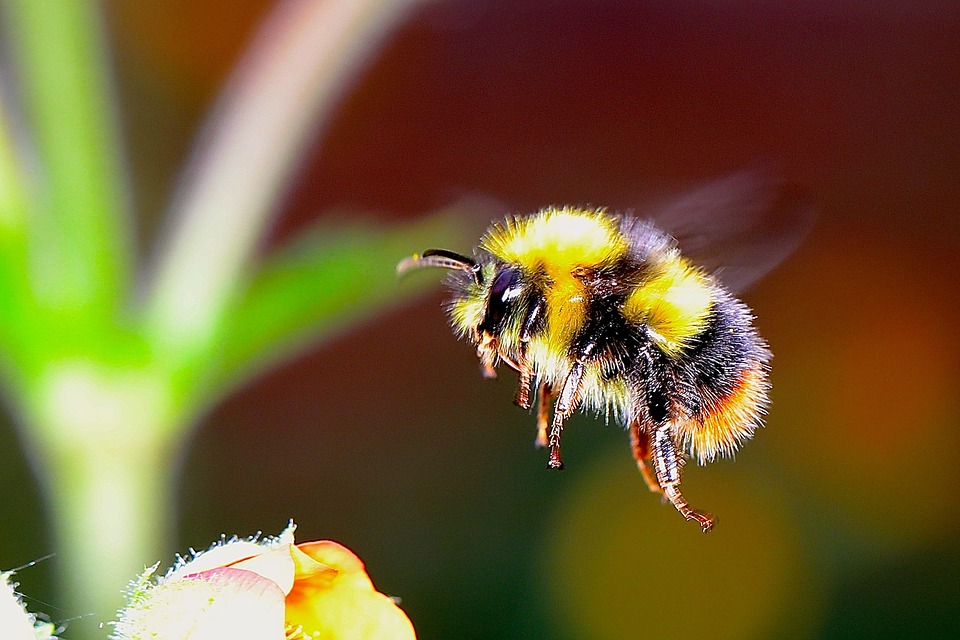The 2017 North American eclipse was a boon for more than just astronomers interested in studying the eclipse. For entomologists, they took the opportunity to study the behavior of bees during an eclipse, and learned something interesting: when the world went dark, the bees went still and quiet.
Bees are diurnal, meaning that they are active during the hours when the sun is up. They sleep at night, much like most humans do. So it makes sense that when the moon moves in front of the sun, blocking out its light, the bees believed that night had come early, and they quieted down as they would at night.
Because eclipses over land are infrequent, not much research has been done on animal or insect behavior during eclipses. These entomologists were very excited to receive data from several locations along the path of totality, and they are also looking forward to the next North American eclipse in 2024.
To read more about their observations, you can read the scientific paper here or the summary here.
Follow us online: